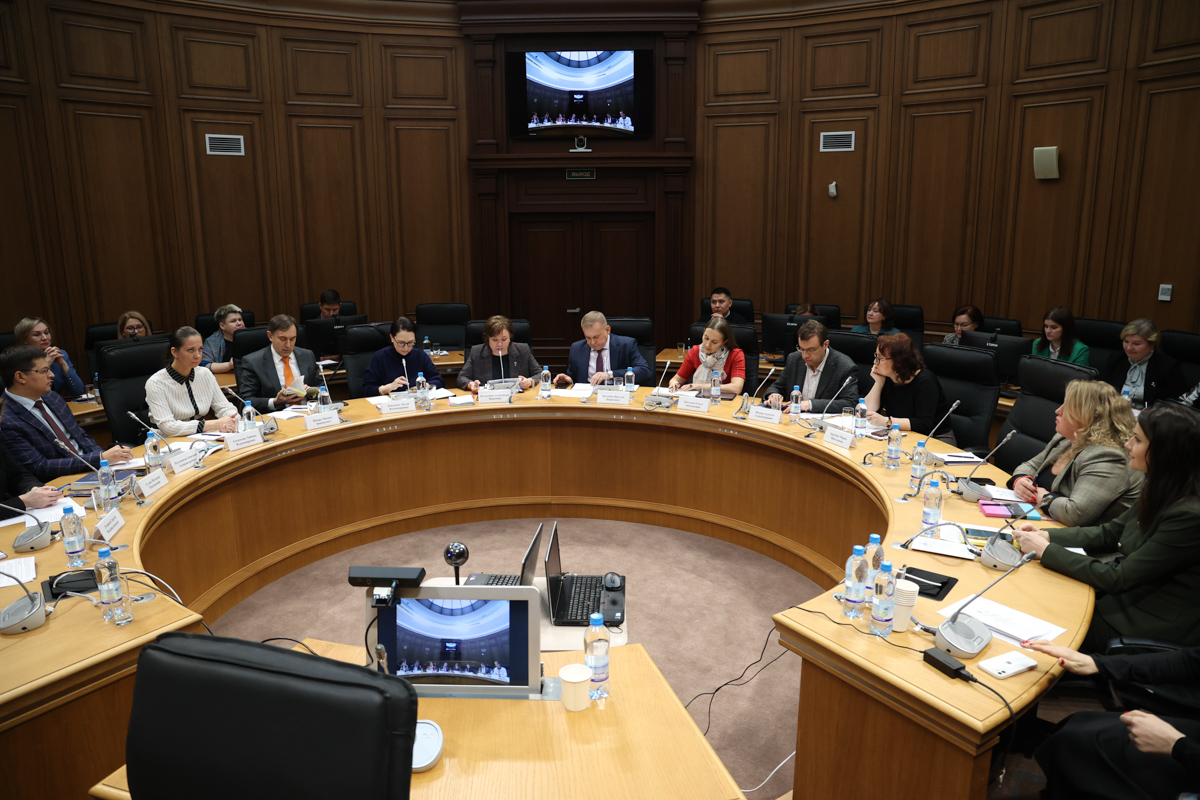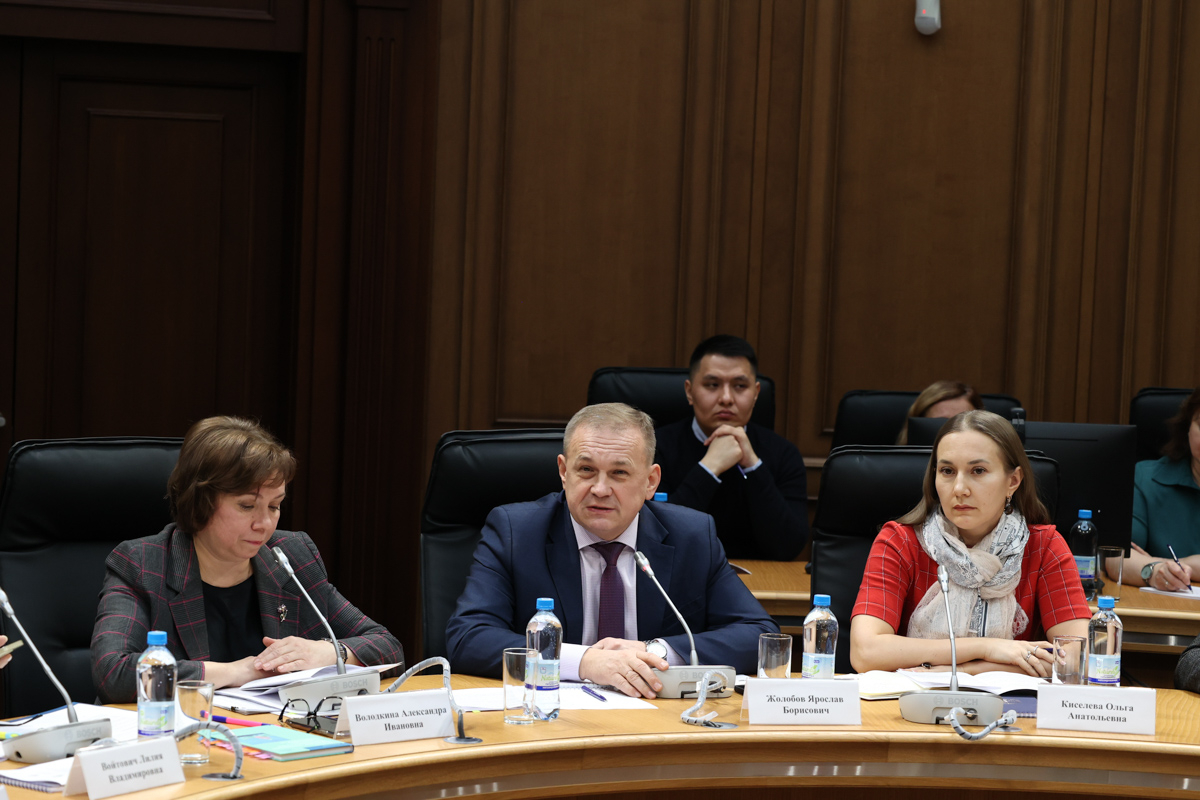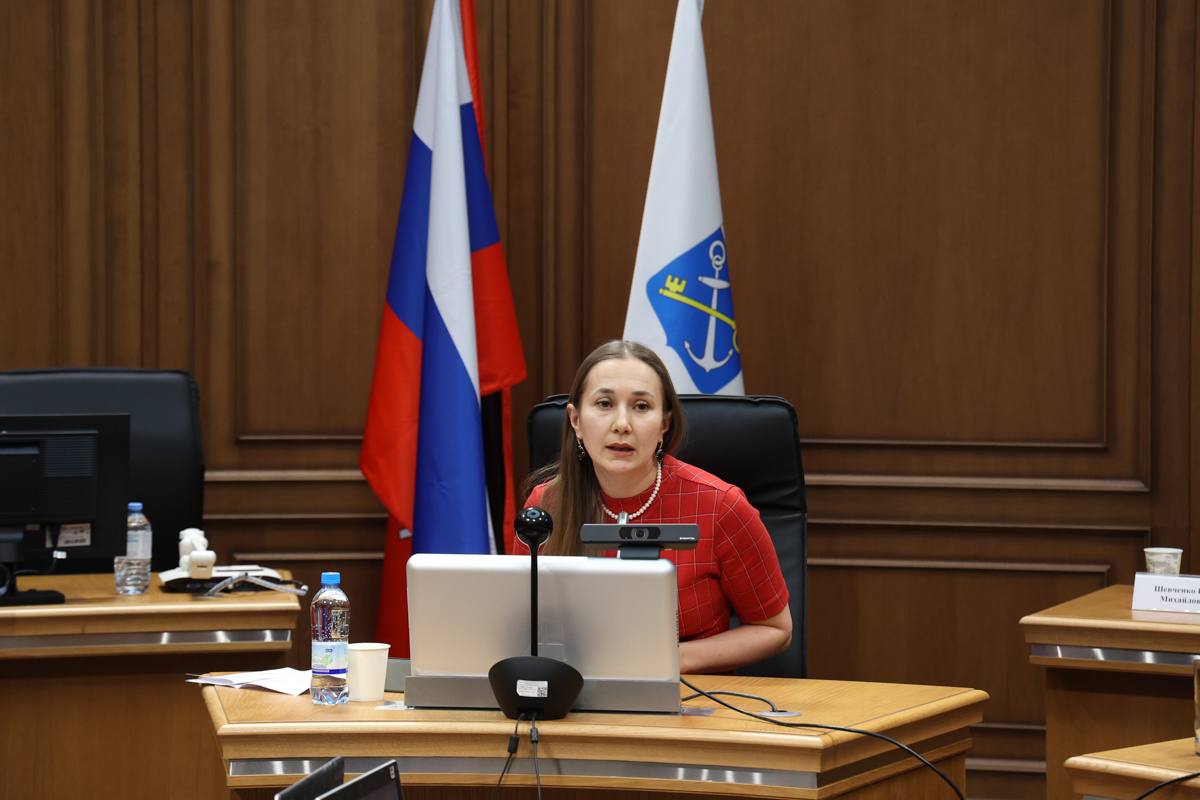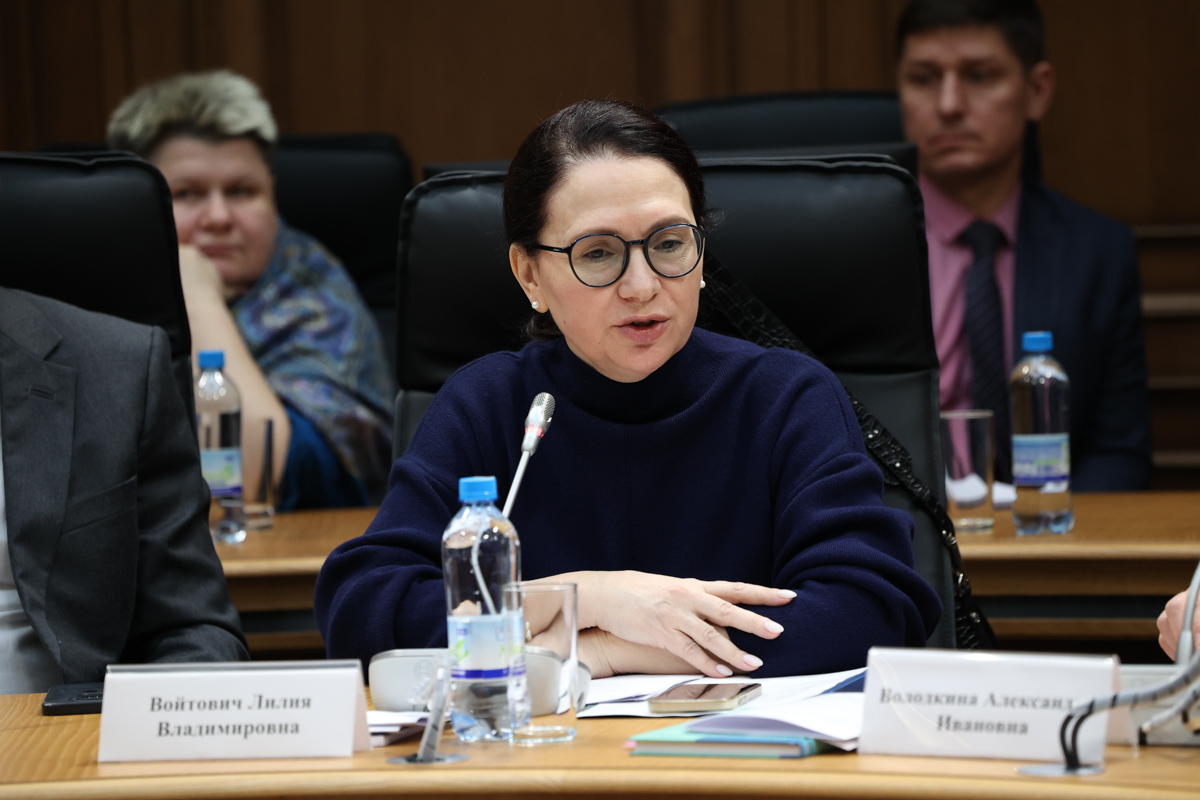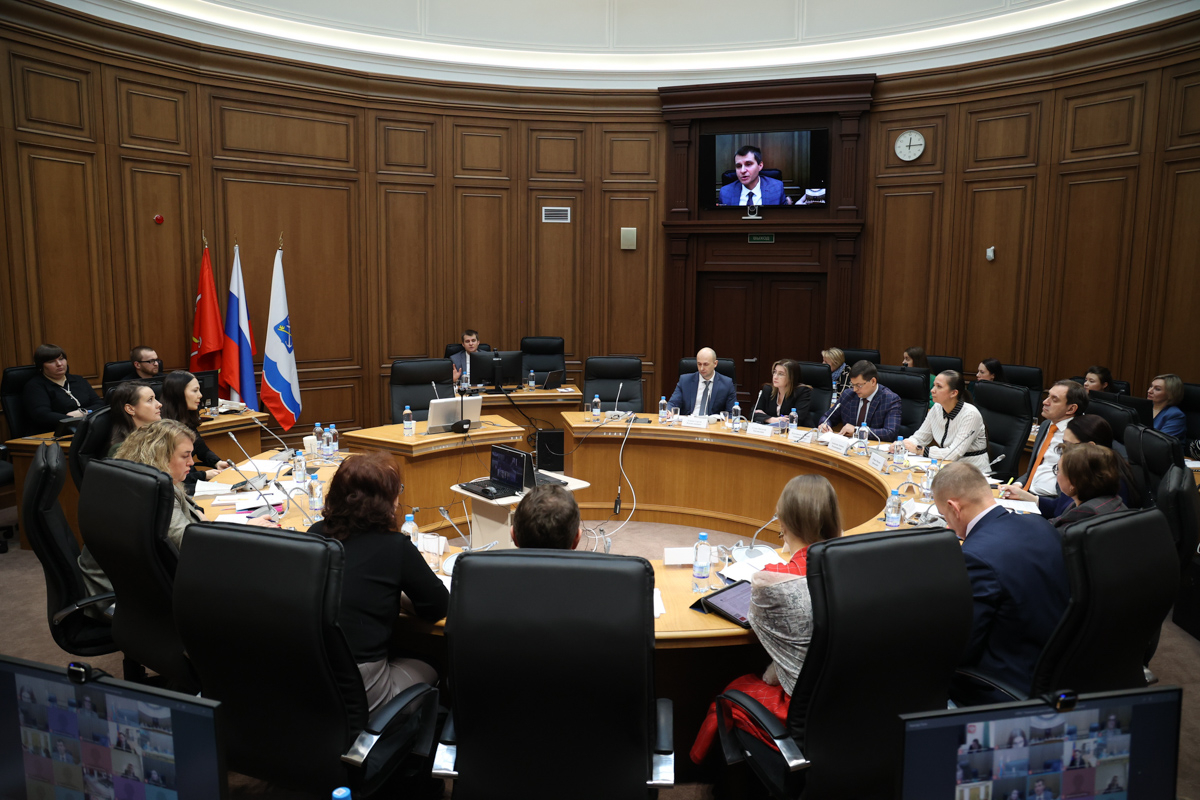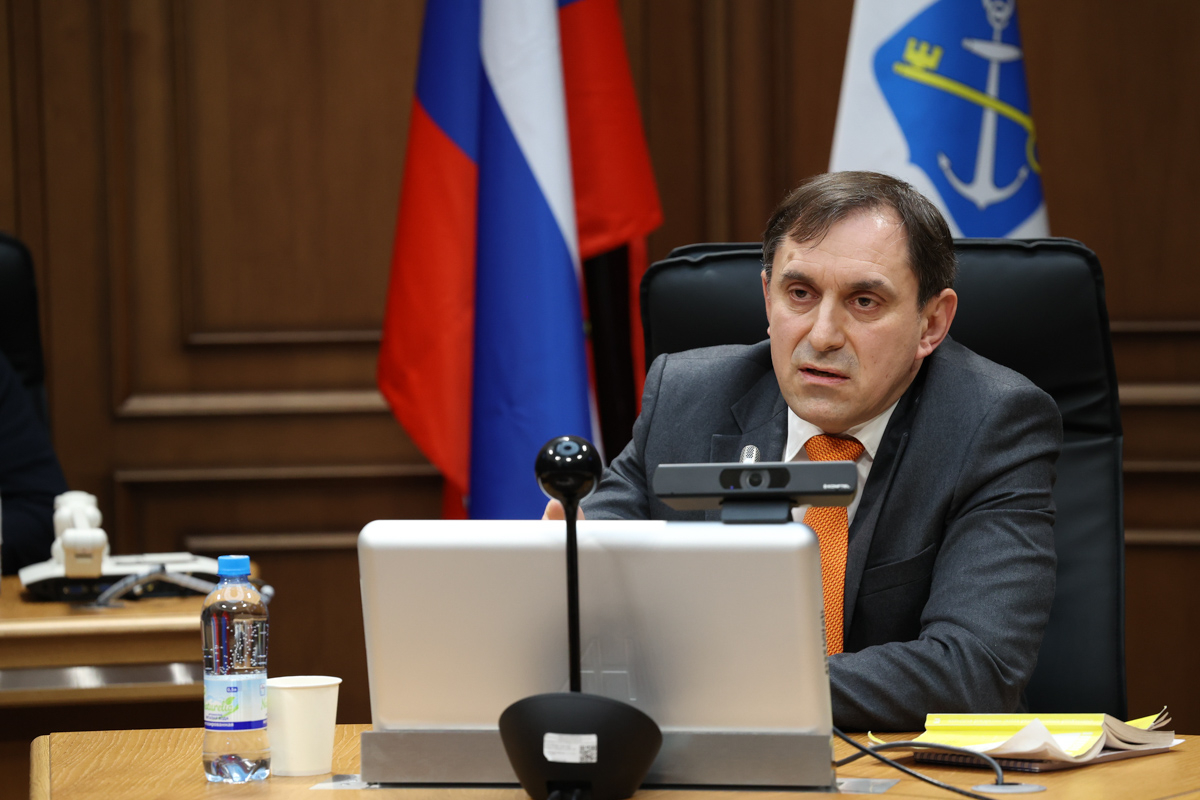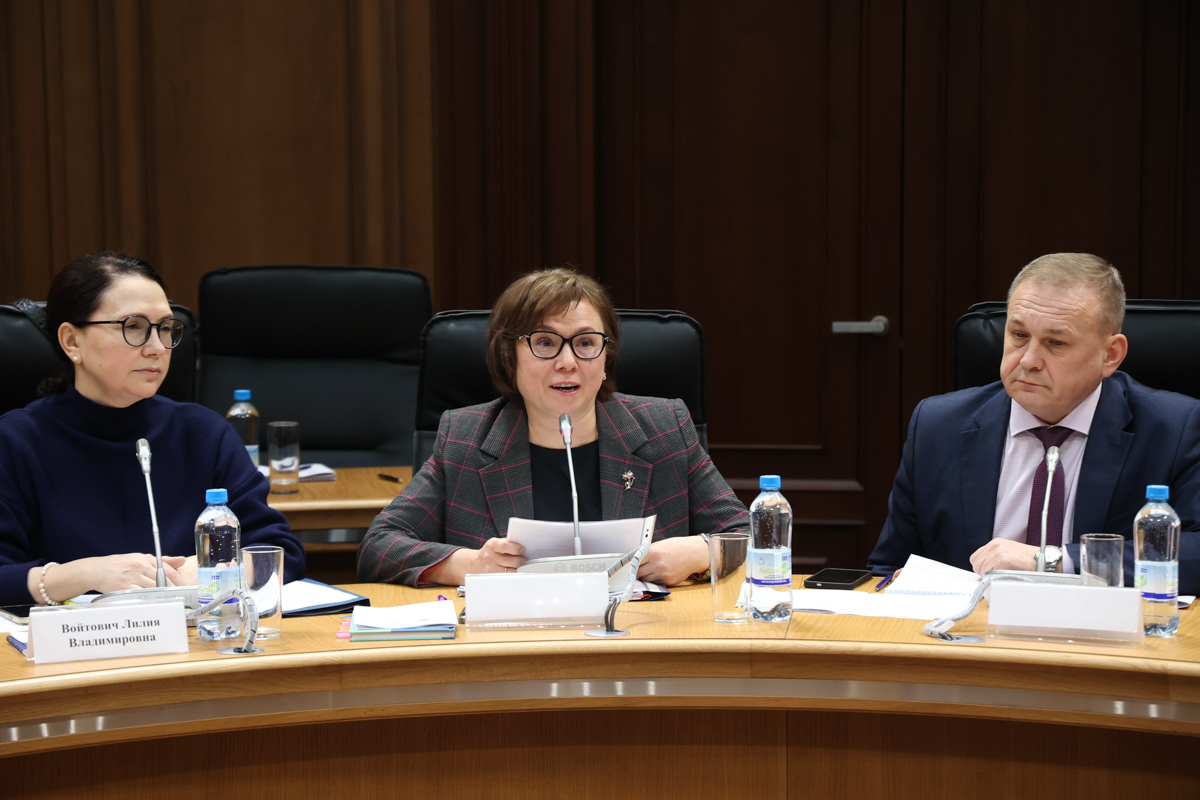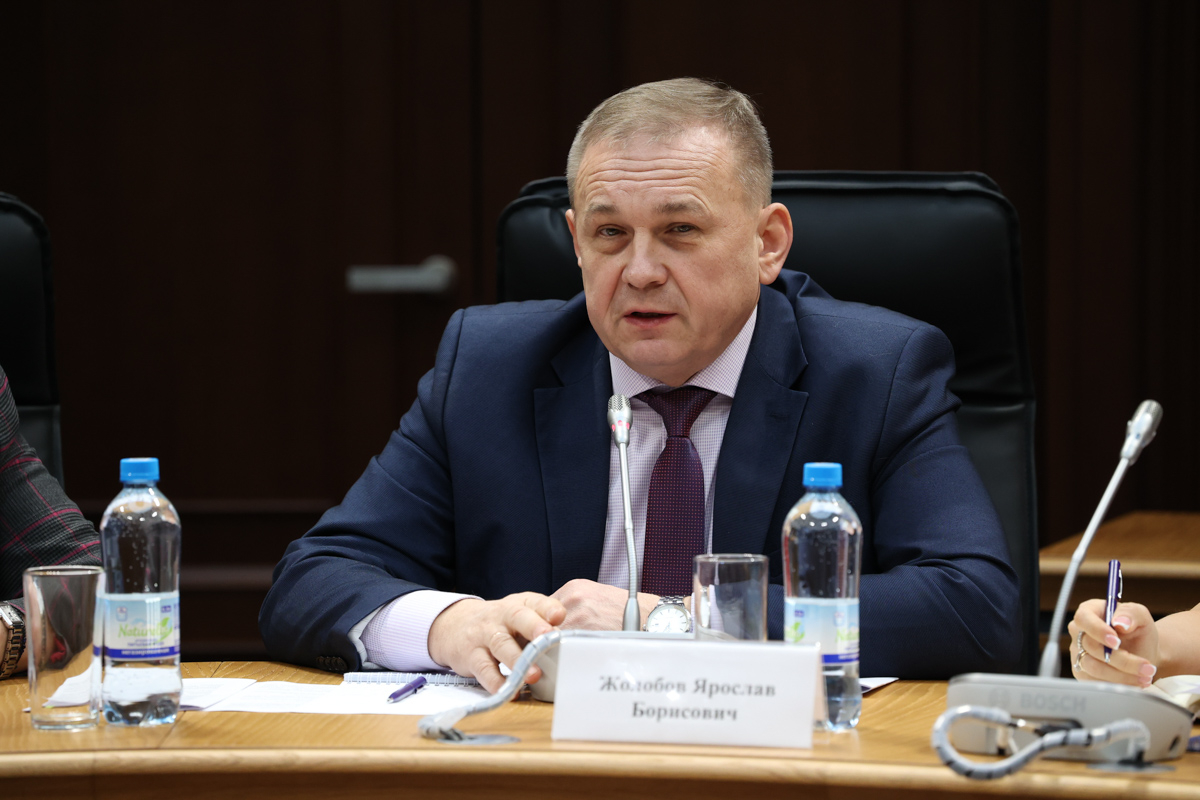Experts from St Petersburg University: "It is necessary to develop a system of guarantees for assistant judges in arbitration"
Lawyers of St Petersburg University have taken part in the scientific and practical round table "Assistant to the Judge in Arbitration Proceedings: Current Issues in Legislation and Judicial Practice", which was held in the Arbitration Court of St Petersburg and the Leningrad Region. During the meeting, legal scholars and industry practitioners discussed the scope of powers that should be additionally assigned to assistant judges.
Olga Kiseleva, Associate Professor in the Department of International Law at St Petersburg University, presented a comparative legal analysis of the legal regulation of the institute of assistance in arbitration proceedings in Russia and in international courts. She proposed an examination of the current state of this legal mechanism and potential solutions to existing challenges.
Due to existence of a significant difference between the actual scope of powers of assistant judges of arbitration courts and the fixed provisions and a high level of workload, we should discuss an opportunity to give them individual judicial functions, as is the case with foreign states. This is a precondition for developing a system of guarantees for persons performing the function of providing assistance to a judge in arbitration proceedings, which is especially relevant in courts of the first instance.
Olga Kiseleva, Associate Professor in the Department of International Law at St Petersburg University
These conclusions are derived from many years of experience in arbitration courts and an analysis of regulations governing the legal status of assistant judges in arbitration proceedings, said Olga Kiseleva, Associate Professor of St Petersburg University. In her report, the expert presented models and concepts from the practices of international justice bodies, in particular the International Court of Justice and the Court of the Eurasian Economic Union. International regulations indicate a high level of involvement in the administration of justice of court staff who perform assistance functions but are not vested with authority, said Olga Kiseleva. Yet, they have relevant guarantees. She also drew attention to the two-tier structure of the institution of assistance to judges in the Court of the Eurasian Economic Union (adviser-assistant), which seems quite promising from the point of view of satisfying the request to reduce the workload of both judges and assistants, differentiation of qualification requirements and professional growth of the latter.
Mikhail Schwarts, Head of the Department of Civil Procedure at St Petersburg University, focused on the procedural position of a judge’s assistant.
During the scientific and practical round table, reports were presented by judges and educators at the North-West branch of the Russian State University of Justice named after V M Lebedev, Saratov State Academy of Law and Vyatka State University. The reports were followed by a discussion, which brought together: the chairs of the courts and judges of the Arbitration Court of the Northwestern Federal District, the Fourteenth Arbitration Court of Appeals, the Second Court of Appeals of General Jurisdiction, arbitration courts of the Pskov Region, the Vologda Region, and the Sverdlovsk Region; as well as representatives of the Treushnikov Memorial Foundation "Path to law" and various law schools.


